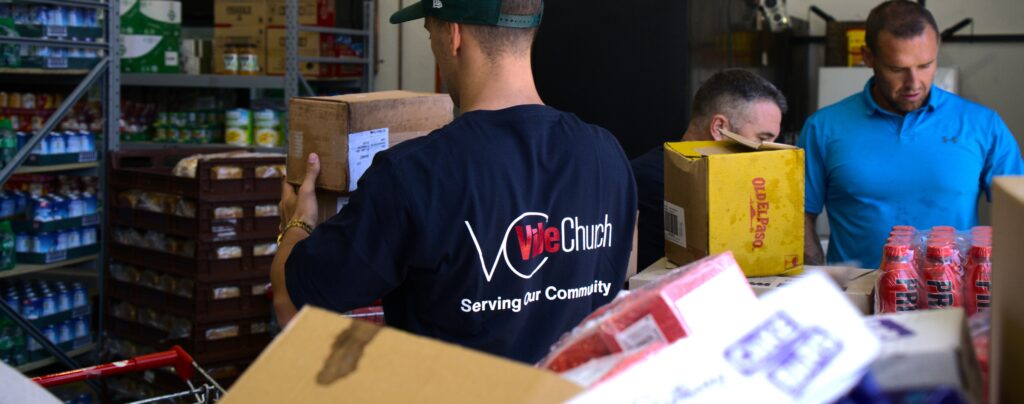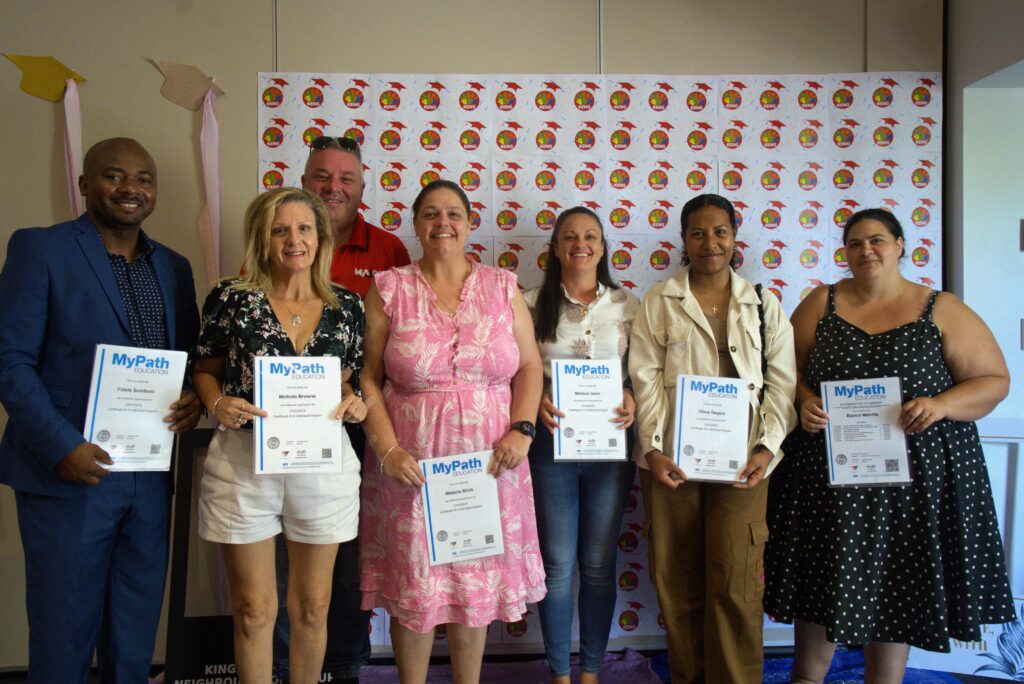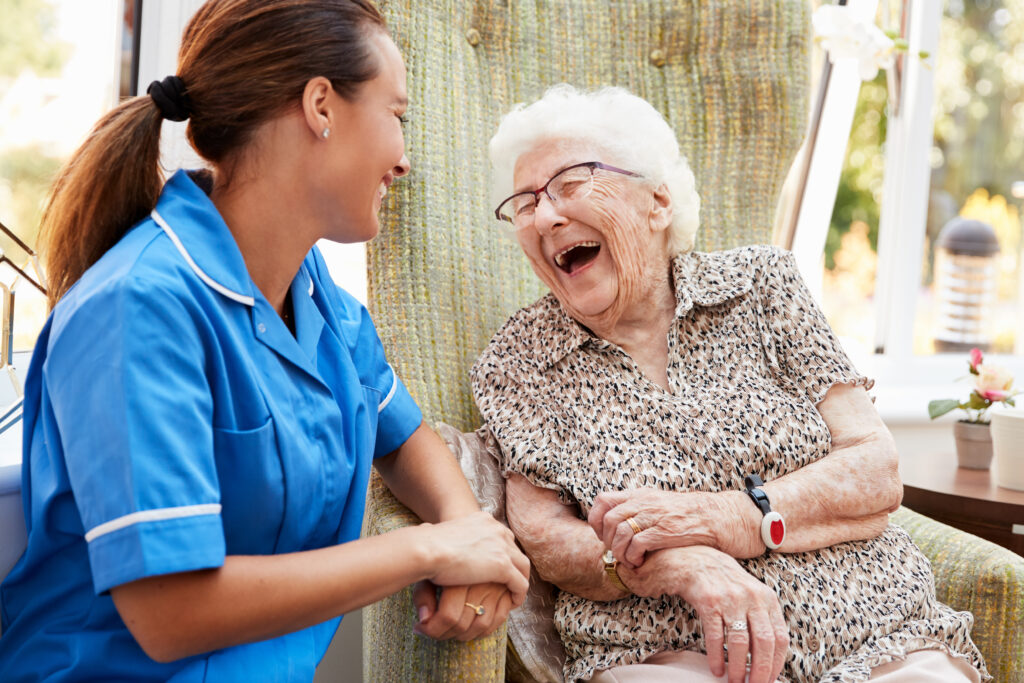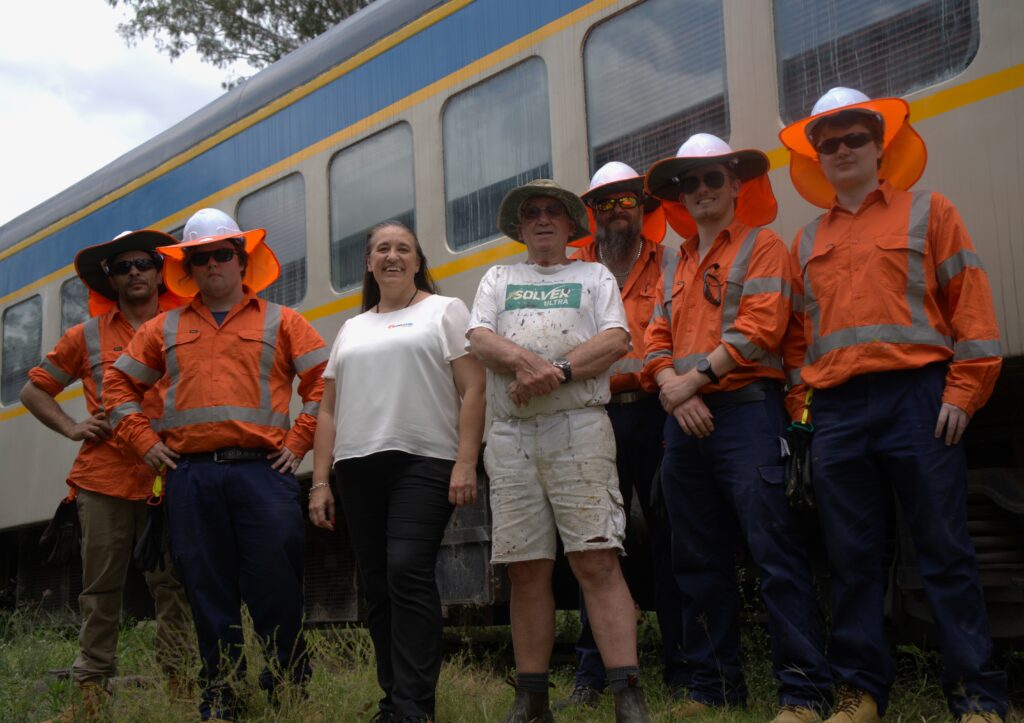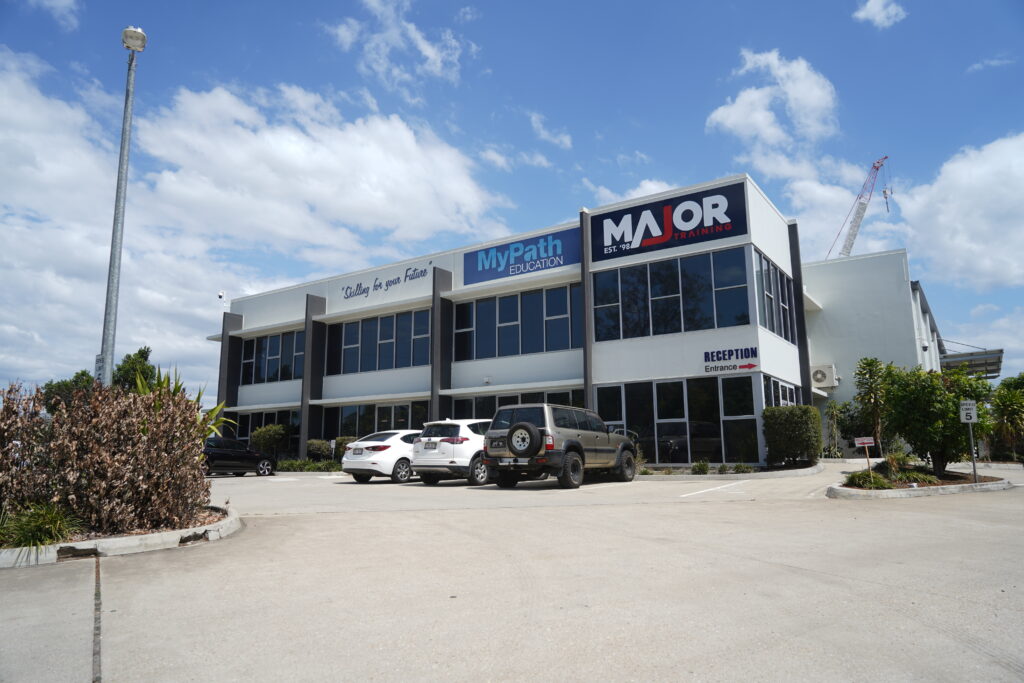Popular Posts
I completely changed careers, a lot of it had to do with coronavirus, but I realised I needed a change”
From studying a linguistics degree, working in education with students, and being a performer in Indigenous dance, we met Sharman when she jumped into one of our trucks to do her HR licence.
She was so overjoyed when she passed her licence test that we sat her down and needed to hear her story, so take a sip of your coffee (or water, that’s fine too) and strap in to read her inspiring story.
For most of us, when a woman mentions she works in the logistics and transport industry you almost exasperate in surprise right? Well, for most of us, this is our reaction and then we say ‘wow, that’s so cool! Do you find it hard?’
This was my reaction when I sat down with Sharman and she told me she works for the Toowoomba Regional Council as a Plant Operator, placing waste in their designated sections of metal, timber, green waste, and recyclables. “I’ve only met two women in the whole of the Regional Council, it’s pretty intense.” Working in an industry dominated by males, can make you feel like the work may not be suitable for women, she explained to me, “but I really enjoy my work and I think that’s a rare thing sometimes”.
Among mining, electricity, gas, and water the industry of waste services recorded growth in women working in the industry (Australian Government, 2018) however, Australian Bureau of Statistics data shows nationally women make up just 21.5% of the full-time transport and logistics workforce (ABS, 2018). While the transport and logistics pay gap remains lower than the industry pay gap of 18.3%, the gender pay gap to women is still an ongoing and prominent challenge today for women working in a male-dominated industry.
Throughout her past work and life experience, the notion of ‘the gap’ was carried out among workplaces where Sharman felt that not in a belittled way, but some men place women automatically into a category and you have to show them that you place yourself in your own category.
At the same time, men have had to adapt to females entering the industry and taking on those more ‘physically demanding’ tasks.
“I don’t think we have reached a point where we are equal in society. We women have to fight for that struggle, we still find ourselves trying to get to that level”. “Getting a truck licence has made me feel that I have reached more of a level where I feel I am more of an equal”.
Sharman was encouraged by her work colleagues and supervisors to obtain her HR licence. Working amongst many drivers day in, day out, knowing their exact schedules and processes, she realised she was fully capable of doing their tasks too, and sitting in the truck for the first time, gave her an overwhelming sense of empowerment. “I love being in a truck, absolutely love it!.” “As soon as I sat in a truck I was like oh my goodness, I like this”. Getting to experience what it’s like being behind the wheel gave her a great amount of respect for truck drivers.
“I think it’s incredible to able to live the life that they do. The pressure of being on a schedule and meeting performance requirements on and off the road, it’s full-on.”
A lot of muscle and might is needed in this area, but other factors such as communication and diligence to get the job done in efficient ways help balance out the team and inclusivity of women in the industry.
Sharman is lucky to work in healthy work culture. “They’ve refined it to the bare bones, really strengthening, caring, and respecting the workers who are there every day and that they feel supported and recognised”. Working for the council in waste services, Sharman feels like she and her colleagues can make positive changes that support the environment and creates employment opportunities for others. Unfortunately, this is not every woman experience at their workplace within the industry.
There is still a gender gap present, even today in society and situations like these need a long term plan of change. Changing awareness and changing gender violence through education and knowledge can create changes in behaviour and perceptions that currently stop women from doing what they want to do.
“There needs to be a balance in gender roles in a workplace for the inclusivity of women in the industry. Many years ago women were not allowed to be educated, allowed to play sports, and although there has been an improvement, we women still have to struggle today and it’s up to us women to continue standing up and break the cycle over generations.”
Sharman is very passionate about gender equality, saying that it doesn’t matter who you are, where you come from, what you look like, your background, your gender, we are all equal and we need to be more caring and aware and do the best we can.
Woman or man, we all play an active role in breaking the perception of society that deems women for not being able to undertake ‘masculine’ roles. Women need to have the courage to say ‘No. This is what I want to do, and I am going to do it’. Sharman is just one of many inspiring women out there making an active change to the perception of women in the logistics and transport industry. We at Major consider ourselves very lucky to have met Sharman and be part of her journey to acquiring her truck HR licence, which brought her one step closer to closing the fight to gender equality.
Written by Tatjana Veeser

